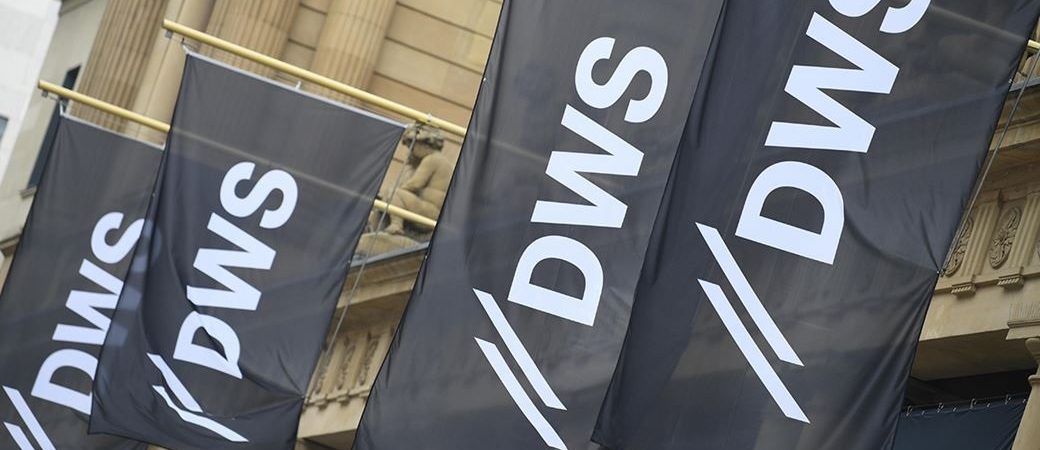
As the UAE Central Bank recently came out with its AED stablecoin regulation allowing UAE Banks to utilize a subsidiary or a fintech provider to offer AED Stablecoins, Deutsche Bank-owned DWS, which manages $1trln globally, beats UAE Banks to it announcing the eminent launch of their own Euro backed stablecoin. DWS plans to go live with the first euro-denominated stablecoin to be regulated by Germany’s BaFin watchdog in 2025.
European fund giant DWS has created a new company as part of its plans to launch the first German-regulated cryptocurrency next year, the firm’s CEO told Reuters. Deutsche Bank-owned DWS, which manages 941 billion euros ($1 trillion) globally, plans to go live with the first euro-denominated stablecoin to be regulated by Germany’s BaFin watchdog in 2025, Stefan Hoops said. BaFin declined to comment.
DWS had previously said the token would be launched by June next year. BaFin has yet to award an e-money license for a stablecoin, and DWS has set its sights on being first. “In the short term, we expect demand from investors in digital assets, but by the medium term we expect wider demand, for instance from industrial companies working with ‘internet of things’ continuous payments,” Hoops said.
BaFin has generally been critical of cryptocurrencies and has previously called for global regulation of the industry, but it has said it views stablecoins differently. European Union rules under MICA requiring stablecoins to be regulated kicked in last month.
In the first week of July Cryptocurrency firm Circle received a license, registered as an electronic money institution, or EMI, in France, The registration granted the firm a key license to become a compliant stablecoin issuer under the European Union’s crypto laws. Circle, which is primarily known for its USD Coin, or USDC, stablecoin, said in a statement that it was granted an e-money license by France’s banking industry regulator, Autorite de Controle Prudentiel et de Resolution, or ACPR.
As for the UAE the Central Bank, its stablecoin regulation noted that a Bank may not act as a Payment Token Issuer, but they can create a subsidiary or affiliate which can perform this activity. In addition crypto exchange platforms, can receive a non-objection registration to perform payment token conversions.
It also noted that both a bank or exchange house may apply for a Non-Objection Registration in order to perform Dirham Payment Token Conversion. So the UAE has set its regulation into motion, what is needed is a bank that will endorse and take the first step either by setting up a subsidiary or affiliation.










